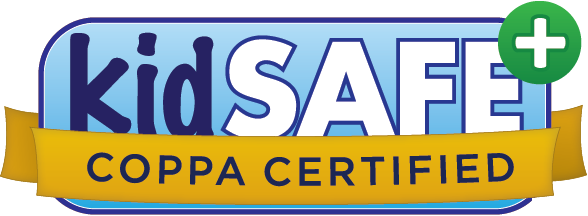Parenting is a rewarding (and challenging) experience! As a parent, you play a significant role in shaping your child’s personality, behavior, and beliefs. In addition, your parenting style can have a powerful impact on your child’s emotional and social development.
In this blog post, we’ll explore different parenting styles and their potential impact on children. Whether your parenting style is defined or not, you’ll be able to consider the values reflected in each type.
What is a parenting style?
Child development experts have categorized parenting styles into four major types: authoritative, permissive, authoritarian, and uninvolved.
Each style has unique characteristics that shape how parents interact with their children and the values they instill in them.

For this post, we’ll focus on the parenting styles that fall within the umbrella of authoritative parenting.
Finding your parenting style
There is no need to put yourself in a box when it comes to parenting methods.
It’s worth noting that these parenting styles are not exclusive, and many parents may use a combination of different styles depending on the situation and their child’s needs. That being said, knowing about each style can help you form your own particular parenting method!
Remember, there is no such thing as a perfect parent! Check out these affirmations (for kids and parents!) if you need a little encouragement.
1. Authoritative parenting
The authoritative parent sets clear limits for their children while being supportive and nurturing. Authoritative caregivers have high expectations and set consequences for negative behavior. Clear communication is key—a child knows what is right and wrong, and why.
Children brought up this way typically manage their emotions well, possess high self-esteem, and are responsible.

2. Attachment parenting
This style emphasizes the importance of creating a strong emotional bond between parent and child. Attachment parenting typically involves practices like co-sleeping, extended breastfeeding, and babywearing.
Kids who are raised with attachment parenting typically have a strong sense of self-agency, better friendships, and high self-esteem.

3. Free-range parenting
The free-range parenting style encourages children to explore and take risks while still providing guidance and support. With this parenting style, children are often allowed to play independently and given the freedom to experience new things.
Children who are brought up with free-range parenting often feel empowered, confident, and resourceful.

4. Positive parenting
This style focuses on reinforcing positive behavior rather than punishing negative behavior. It involves strategies like praise, rewards, and problem-solving discussions.
The outcome of positive parenting can be children who do well in school and have strong mental health.

5. Slow parenting
The slow parenting strategy emphasizes the importance of slowing down and savoring each moment of child-raising (the good ones and the tough ones!). It involves practices like spending time outdoors, limiting screen time, and prioritizing family time.
The benefits of slow parenting are children who are innovative and creative. These children can also be skilled in remaining calm during stressful or emotional situations.

6. Intuitive parenting
This style is not a one size fits all approach. Intuitive parenting allows the caregiver to do what they see fit depending on the situation. A huge part of this style is connecting with your child, incorporating nature, and following your gut.
Children who are raised with intuitive parenting often have a strong sense of self, confidence, and security.

More about Lingokids
The Lingokids universe provides original, award-winning, interactive content for kids, transforming the way kids can learn. Lingokids creates games, songs, podcasts, videos, and activities that intertwine educational subjects with modern life skills to spark curiosity, imagination, and success in school—and beyond!
Interested in learning more about how Lingokids helps families raise amazing kids? Download the app and check out more content on our YouTube channels!
Caregivers, what styles of parenting do you use?
Let us know by commenting below!






